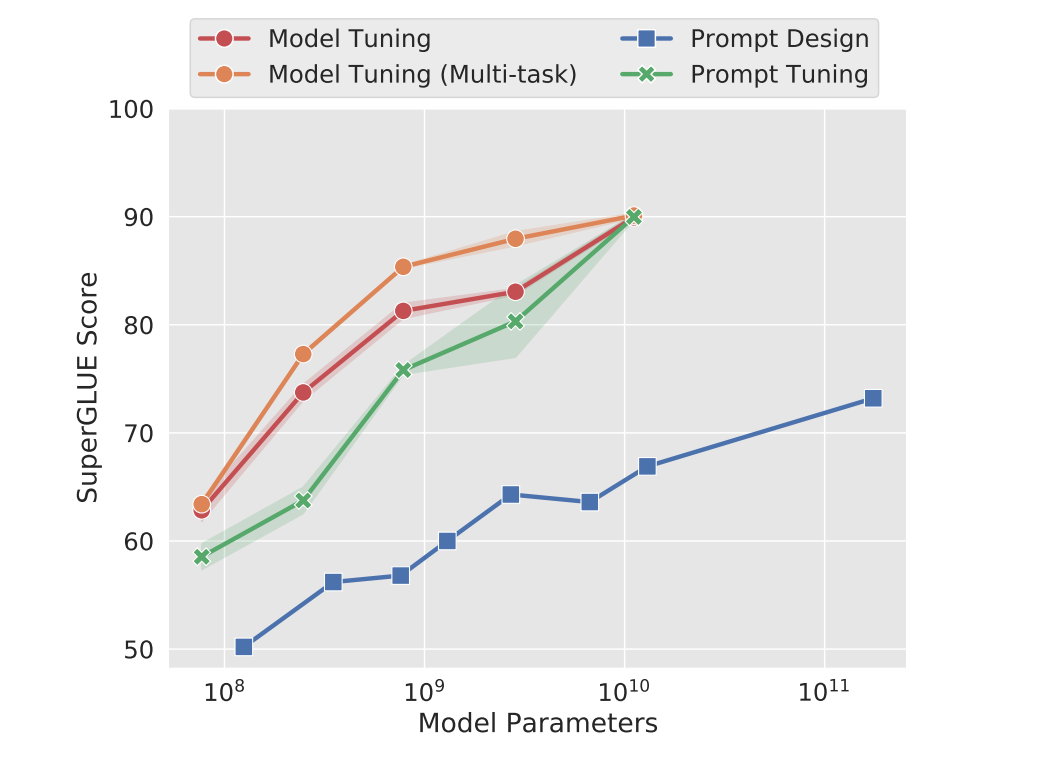These days large language models cover a vast amount of topics and information, but I wanted to understand: For specific tasks, is it better to fine-tune models on examples or just use prompting with the context of the task?
For example, if I wanted to train a language model to do question answering for linear algebra, is it better to train it with examples of linear algebra problems and their solutions, or try out different prompts?

